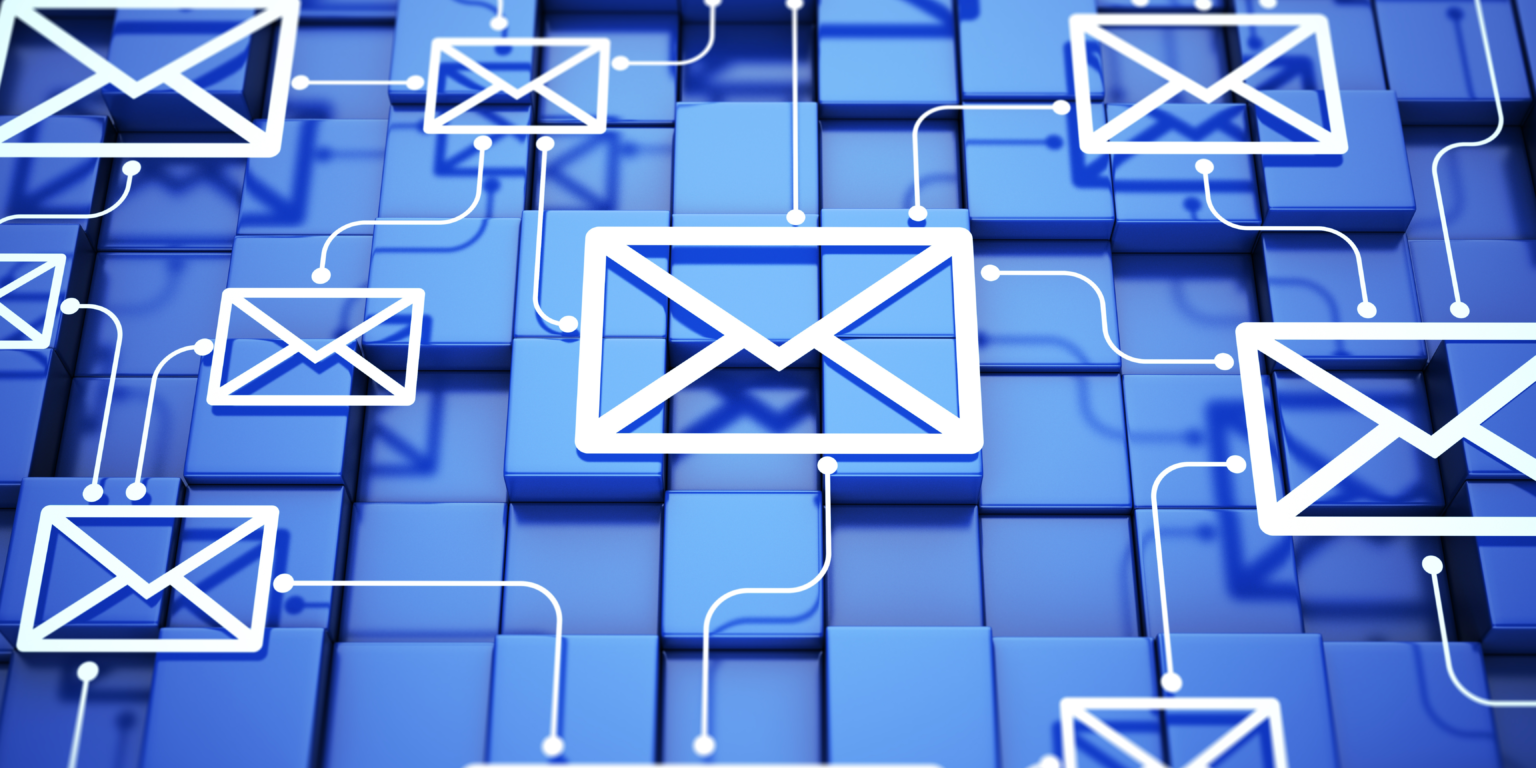Here are several important methods in which AI is being employed in email marketing:
1. Personalisation at Scale
Dynamic Content: AI can analyse customer behaviour, preferences, and past interactions to deliver personalised content in emails, such as product recommendations or tailored offers.
Segmented Campaigns: AI helps create highly targeted audience segments based on data, allowing for more relevant messaging that resonates with each group.
2. Optimized Send Times
Predictive Analytics: AI can determine the best times to send emails to each subscriber, maximising open and click-through rates by predicting when recipients are most likely to engage.
3. Subject Line Optimization
A/B Testing with AI: AI can run numerous variations of subject lines and analyse performance in real-time, automatically selecting the best-performing ones for broader distribution.
Natural Language Processing (NLP): AI-powered NLP can craft subject lines more likely to capture attention based on language patterns that resonate with the target audience.
4. Automated Content Creation
Email Drafting: AI tools can help generate email content, from greetings to sign-offs, based on previous successful campaigns or specific brand guidelines.
Creative Suggestions: AI can suggest improvements in email design, layout, and messaging, ensuring that content is visually appealing and on-brand.
5. Enhanced Customer Segmentation
Behavioural Analysis: AI can analyse customer behaviour to segment audiences more accurately, ensuring that each group receives content that aligns with their interests and actions.
Predictive Customer Journeys: By anticipating future actions based on past behaviour, AI can help marketers send the right message at the right stage of the customer journey.
6. Automated Workflows
Trigger-Based Emails: AI can automate the sending of emails based on specific triggers, such as cart abandonment, customer anniversaries, or post-purchase follow-ups.
Lifecycle Campaigns: AI helps create and manage automated email sequences that guide customers through their entire lifecycle with the brand.
7. Performance Analysis and Optimisation
Real-Time Analytics: AI can provide real-time insights into how email campaigns are performing, allowing for quick adjustments to improve outcomes.
Predictive Insights: AI can forecast future campaign performance, helping marketers make data-driven decisions on budget allocation and strategy.
8. Spam Filtering and Compliance
Spam Detection: AI can analyse email content for potential spam triggers, helping ensure messages reach the inbox rather than the spam folder.
Compliance Monitoring: AI tools can monitor compliance with regulations like GDPR, ensuring that email campaigns adhere to legal requirements.
9. Customer Retention Strategies
Churn Prediction: AI can identify subscribers at risk of disengaging and trigger re-engagement campaigns to retain them.
Loyalty Programs: AI can personalize loyalty emails, offering rewards and incentives based on individual customer behaviours and preferences.
10. Interactive Email Experiences
AI-Powered Surveys: Incorporating AI-driven surveys within emails can help gather feedback and improve customer experiences in real time.
Chatbots: Integrating AI chatbots into emails can provide immediate assistance and engagement, enhancing the overall customer experience.

